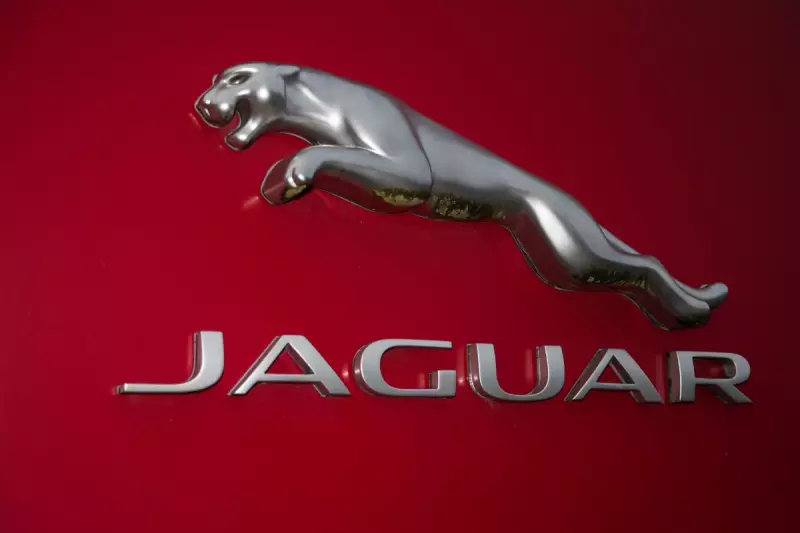
In a stunning revelation that exposes critical vulnerabilities in corporate Britain, an exclusive BBC News investigation has uncovered a massive data breach at the heart of one of the UK's most prestigious automotive brands, Jaguar Land Rover (JLR).
The investigation found that highly sensitive internal documents and files, including detailed information on vehicles used by the Royal Family and security services, were stolen and offered for sale on the encrypted messaging app Telegram for a mere £10.
The Illicit Data Marketplace
Undercover journalists from BBC News successfully infiltrated the shadowy online world where the stolen data was being traded. Posing as potential buyers, they were offered a vast trove of confidential JLR information from a seller operating on Telegram.
The stolen cache included:
- Internal spreadsheets containing detailed vehicle information
- Confidential corporate documents and manuals
- Specific data related to 'Crown Vehicles' used by the Royal Family
- Information on systems and processes within JLR's manufacturing operations
JLR's Response and Security Implications
When confronted with the evidence, Jaguar Land Rover confirmed the data was genuine and acknowledged the security breach. A company spokesperson stated: 'We have investigated the matter and confirmed that limited data was accessed from a single third-party storage server that was not configured to the required security standards.'
The company emphasized that no customer data was compromised in the incident and that they have since implemented additional security measures. However, cybersecurity experts warn that even limited corporate data breaches can have significant implications for national security and commercial competitiveness.
The Broader Cybersecurity Threat
This incident highlights the growing threat posed by encrypted messaging platforms being used as marketplaces for stolen corporate data. The ease with which sensitive information can be traded for minimal sums represents a fundamental challenge for businesses and national security alike.
The BBC's investigation serves as a stark warning to other major UK manufacturers and corporations about the sophistication of cyber criminals and the ongoing risks posed by insufficient data protection measures, even on third-party systems.





